medical/healthcare facilities flooring
Epoxy flooring offers numerous benefits for healthcare settings, including durability, anti-microbial characteristics, and ease of maintaining sanitary conditions. However; careful consideration of factors such as safety, installation, and environmental impacts are crucial to ensure that the flooring meets the specific needs of healthcare environments. By addressing these considerations, healthcare facilities can provide safe, clean, and efficient spaces for both patients and staff.
hospital emergency room floors
The seamless finish of epoxy flooring helps in maintaining strict hygiene standards as it prevents the accumulation of dirt and microbes. This is particularly crucial in emergency room settings where sterility can significantly impact patient outcomes. An added benefit, these floors are designed to withstand the heavy foot traffic and constant movement of equipment, ensuring longevity and minimal downtime. The ease of cleaning and the resistance to harsh cleaning agents make epoxy floors a practical choice for hospital emergency rooms.
hygenic floor solutions for operating rooms
Maintaining a sterile environment is of paramount importance in these settings. Resinous flooring solutions rise to this challenge by providing a seamless, non-porous surface that prevents the infiltration of contaminants. These floors are not only robust enough to withstand the rigorous demands of surgical procedures but also resist staining from substances such as: blood, chemicals, and disinfectants.
exam room flooring
When selecting flooring for exam rooms, it is essential to prioritize materials that offer both safety and dependability. Epoxy flooring stands out as an excellent choice due to its inherent slip-resistant properties. With the incorporation of additives in varying amounts into the system it provides an extra layer of protection for both patients and healthcare professionals. It reduces the risk of slip-and-fall accidents, which are particularly critical in medical settings where patient mobility may be impared.
waiting room floors
Designing the perfect flooring for a waiting room requires a careful balance of aesthetics, functionality, and durability. Given the high foot traffic and the need for a hygienic environment, it is crucial to choose materials that can withstand daily wear and tear while providing comfort and safety. Resinous flooring systems are known for their seamless, durable, and easy-to-clean surfaces. They are ideal for medical settings where hygiene is of utmost importance.
floors in testing facilities
The anti-microbial properties of resinous flooring help reduce the risk of healthcare-associated infections (HAIs), thereby contributing to overall patient safety. In addition, the durability and ease of maintenance offered by resinous floors support the demanding schedules of testing facilities, reducing downtime required for cleaning and repairs.
chemical resistant floors for life sciences
Resinous flooring offers a comprehensive solution for life science areas, combining durability, hygiene, versatility, and cost-effectiveness. Architects and Interior Designers can confidently choose resinous flooring to meet the unique demands of these specialized environments, ensuring a safe, efficient, and aesthetically pleasing space.
Chemical resistant floors for cannabis facilities
When selecting flooring for cannabis facilities, it is essential to consider factors such as durability, cleanliness, and compliance with industry regulations. The flooring material must withstand foot traffic and resist chemicals often used in the cultivation and processing of cannabis. Epoxy flooring is a popular choice due to its long-lasting nature and ease of maintenance. Proper flooring can enhance operational efficiency and ensure the facility meets all health and safety standards.
PHOTO GALLERY






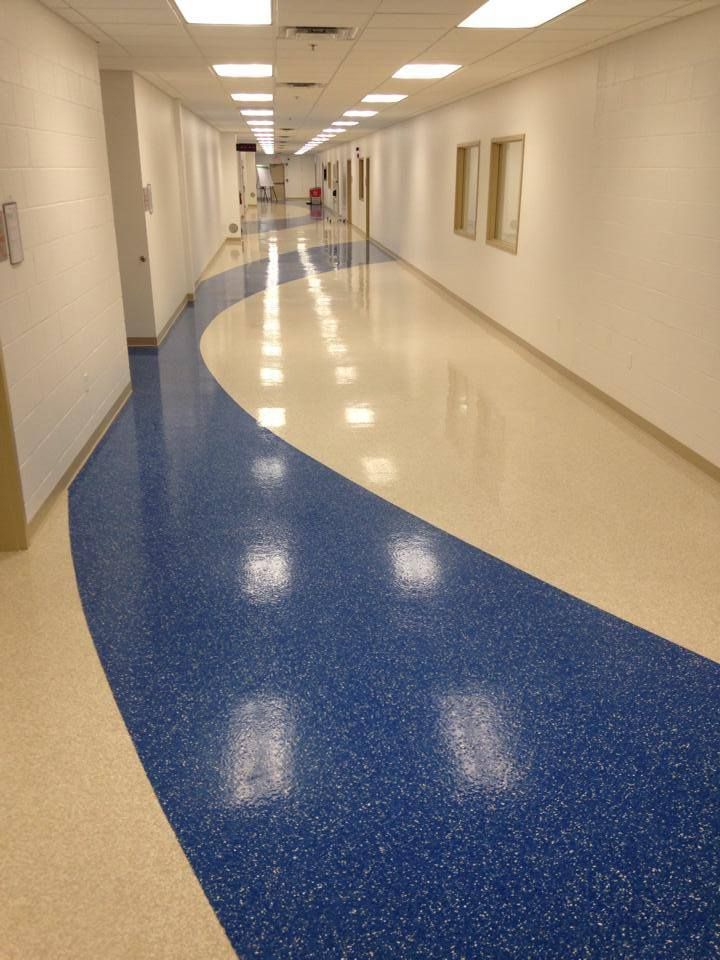
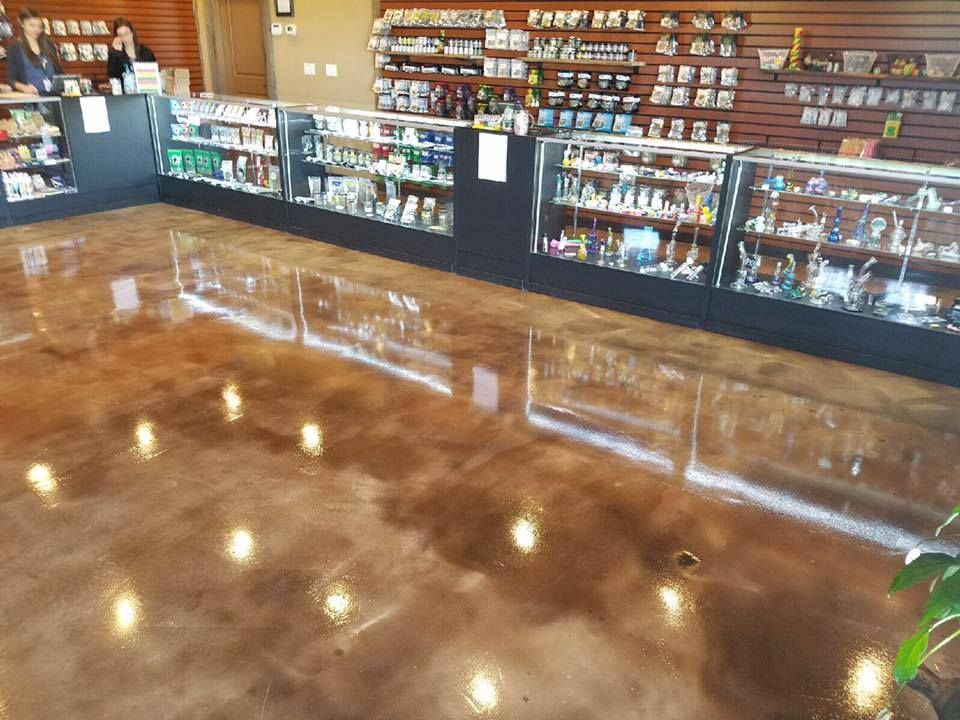
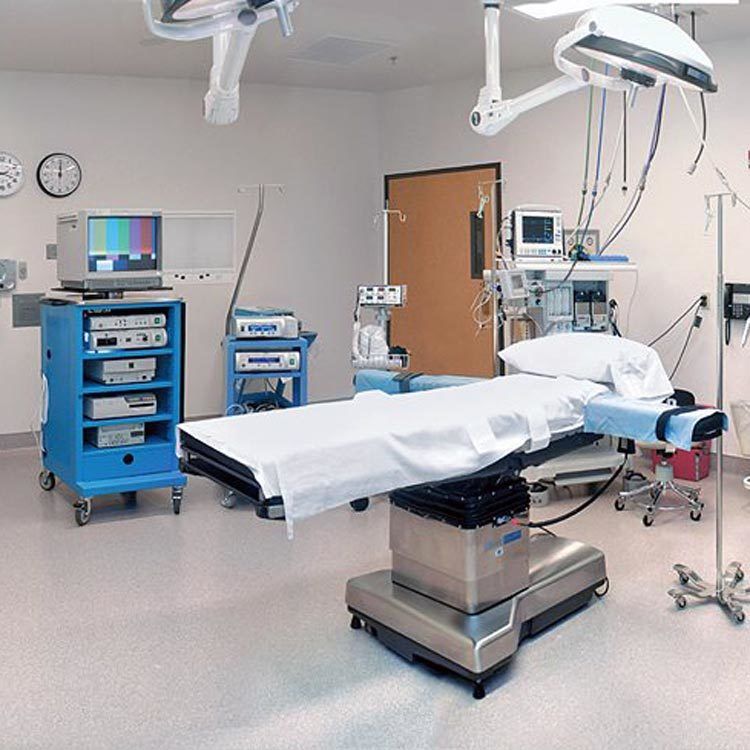
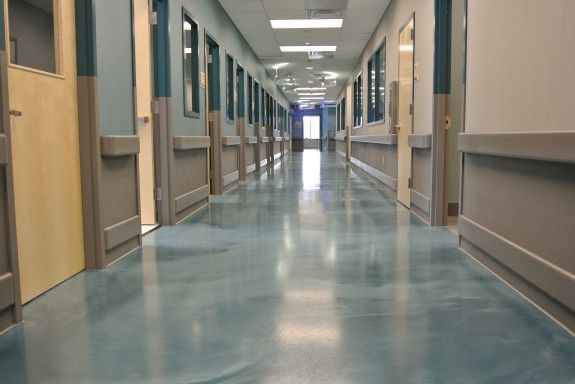
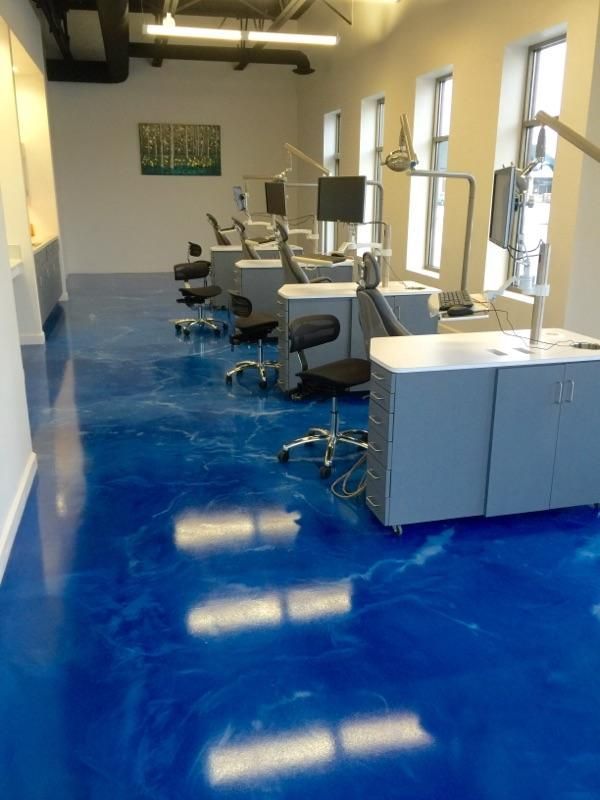
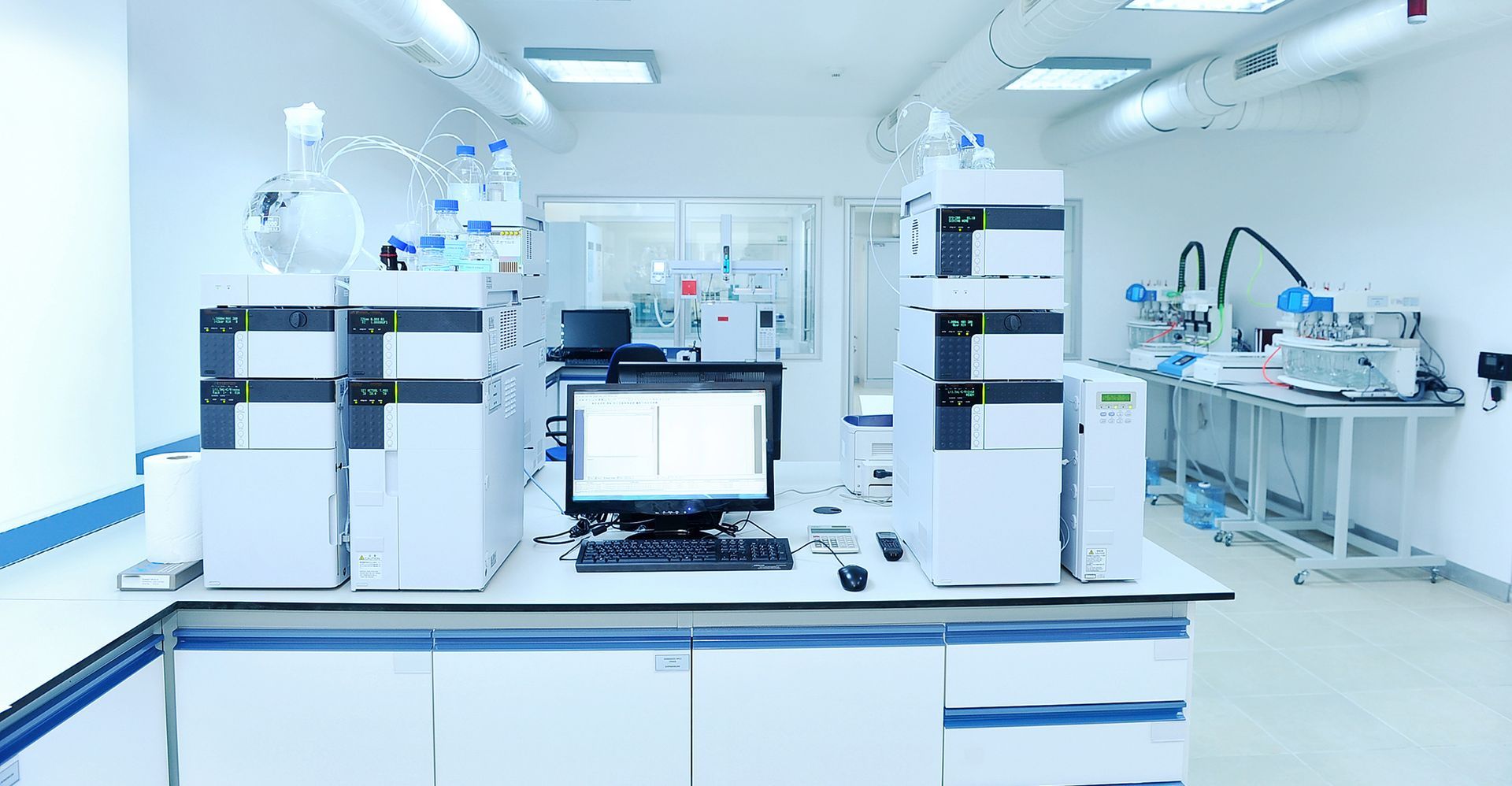
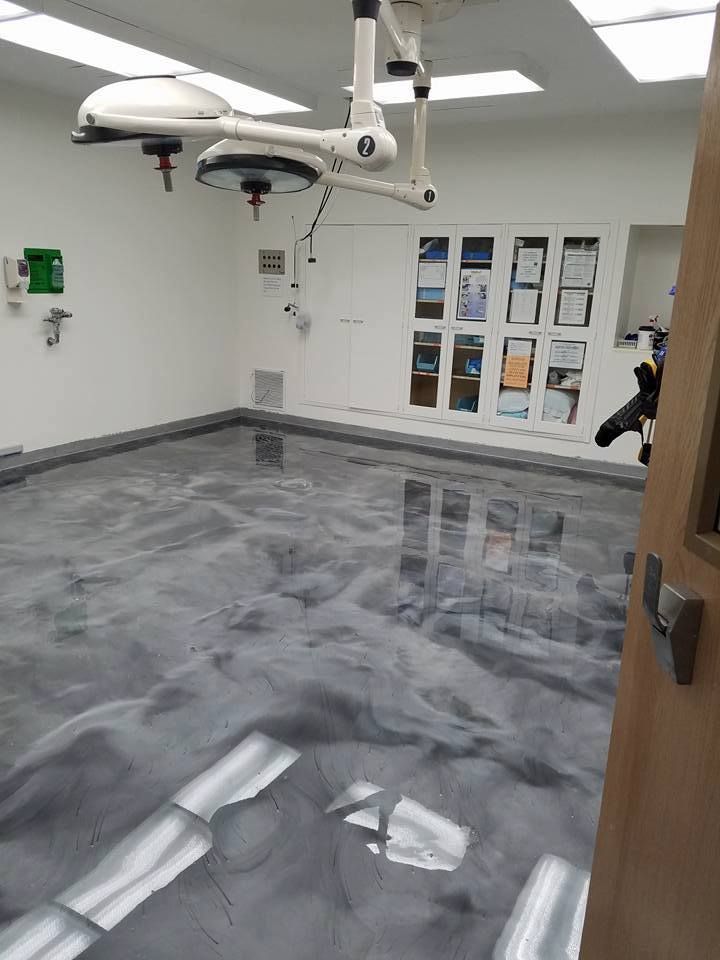
Share On: